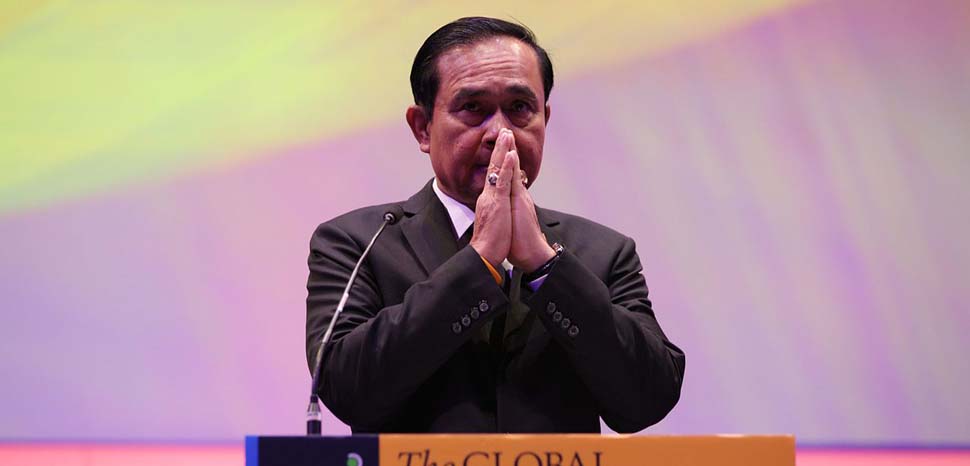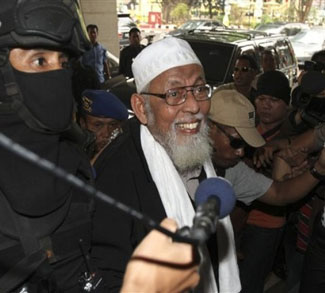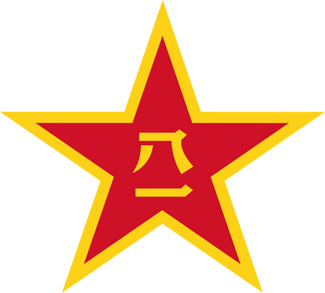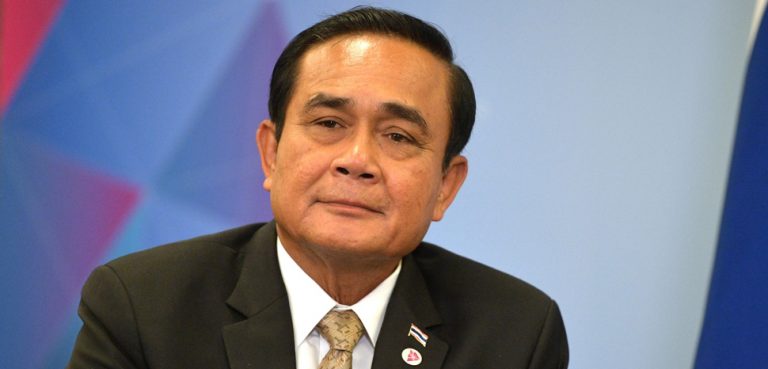In May, Thailand marked the fourth anniversary of the 2014 coup that wrested control from its democratically elected government and installed a military regime. Four years on, the junta continues to operate according to the constitution ratified in 2017, which entrenches political power with the military and circumscribes potential for democratic progress. The junta wields Thailand’s infamous lèse majesté laws as a defense against political opposition and presides over a “deepening rights crisis.” Frustration with the junta’s repeated postponing of promised elections has sparked protests recently, but the international community has responded with a collective yawn – a worrying sign that volatile rights crises across Southeast Asia have left little room for international interest in the repression and abuses that occur under Thailand’s relative political stability.
Southeast Asia has been rocked by several rights abuses in the past year, including the persecution of Rohingya in Myanmar, the slippage toward dictatorship in Cambodia, and the erosion of rule of law in the Philippines. Overlooking ongoing rights abuses in Thailand sends a dangerous message to these neighbors that the international community prioritizes stability over ethics. In Myanmar, the military-supported Union Solidarity and Development Party expressed a similar logic when they asserted that an International Criminal Court (ICC) referral would threaten the country’s “stability,” implying such concerns outweigh the ICC’s imperative to investigate crimes against humanity.
Four years ago, the Thai coup commanded significant international attention, though the disapproval of certain close allies failed to deliver significant repercussions. While the United States suspended military aid and cancelled high-level engagement, US participation in the annual Cobra Gold exercises – originally a joint military exercise between the two countries and now the largest multinational drill in Asia – has continued under the military regime. Meanwhile, China has stepped in to fill the aid vacuum, signing a $1 billion military deal in 2016 and conducting the first Thai-China joint air force exercises in 2015. The Obama administration’s inconsistent response to the coup incentivized Thailand to cozy up to a US adversary while failing to meaningfully address the rise of a regime that Human Rights Watch describes as “threatening the human rights of all Thais.”
In the shadow of Thailand’s warming relations with China, the Trump administration moved to thaw tensions while demanding nothing in return. Thai Prime Minister Prayuth Chan-o-cha visited the White House in September 2017 on the first such invitation to be extended since the 2014 coup. In addition, the number of US military personnel to participate in the 2018 Cobra Gold exercise, long considered a barometer of US-Thai relations, reached 6,800, nearly double the 3,600 average of previous post-coup years.
The junta, meanwhile, continues to promise and then postpone democratic elections. The most recent delay scuttled the previously assured November 2018 date in place of a promise that the vote would take place “no later than February 2019.” A flood of protests followed the announcement, with anti-government groups increasingly convinced that Prime Minister Prayuth has no interest in allowing an election that would likely end his rule.
The regime’s tenacious hold on power has outlasted most international outrage. Today, Southeast Asia is widely seen as slipping towards greater authoritarianism, a narrative that unwittingly exempts Thailand from international scrutiny: Thailand’s illiberalism is less of an encroaching threat, but only because it is more of an established reality. But Thailand has demonstrated a capacity for long-term repression that should earn greater attention, particularly in light of these regional trends. Pressure on the regime would signal the international community’s long-term commitment to realizing civic and human rights, not merely an amoral interest in stability.
Since the 2014 coup, Thailand has maintained a disregard for many of the rights that neighboring regimes are now slowly dismantling. The first half of 2018 saw a scorched earth campaign against the free press across Southeast Asia, from Myanmar’s detainment of journalists to the sale of Cambodia’s Phnom Penh Post, to the outgoing Malaysian government’s abuse of new “fake news” laws. While largely absent from discussions of the recent media blackout, Thailand can be invoked as the harbinger of this trend. Home to arguably the world’s strictest lèse majesté law, which prohibits any insult of the monarchy, Thailand has seen an uptick in enforcement since the 2014 coup. The military regime insists the law is necessary to protect the monarchy, but international observers, including the United Nations, maintain the law is used to suppress free speech and have called for Thailand to amend it. There is no clear definition of what constitutes an insult to the monarchy and those charged are often tried in closed military courts. In 2016, only four percent of defendants were acquitted.
Activists have become increasingly vocal in their insistence that elections take place this year, while Prayuth is already warning that “there must be peace in society if they want an election,” indicating that ongoing protests may provide him an excuse to issue another delay. International concern about such postponements has paled beside attention to recent civic and political threats across Southeast Asia. But Thailand’s relative regional stability should not shield the junta from criticism, and the institutions, including the UN, the US, and the European Union, that have mobilized against other rights violators should keep the Thai military in their scope. International pressure for the military to deliver on the promises of elections, as well as support for mounting domestic demand for political freedom, would bolster the credibility of the international community elsewhere in the region and could earn human rights advocates a strategic ally. If democratic institutions return to Thailand, the government could exert significant influence in a tumultuous and increasingly authoritarian region trending away from liberalism.
The opinions, beliefs, and viewpoints expressed by the authors are theirs alone and don’t reflect any official position of Geopoliticalmonitor.com.




